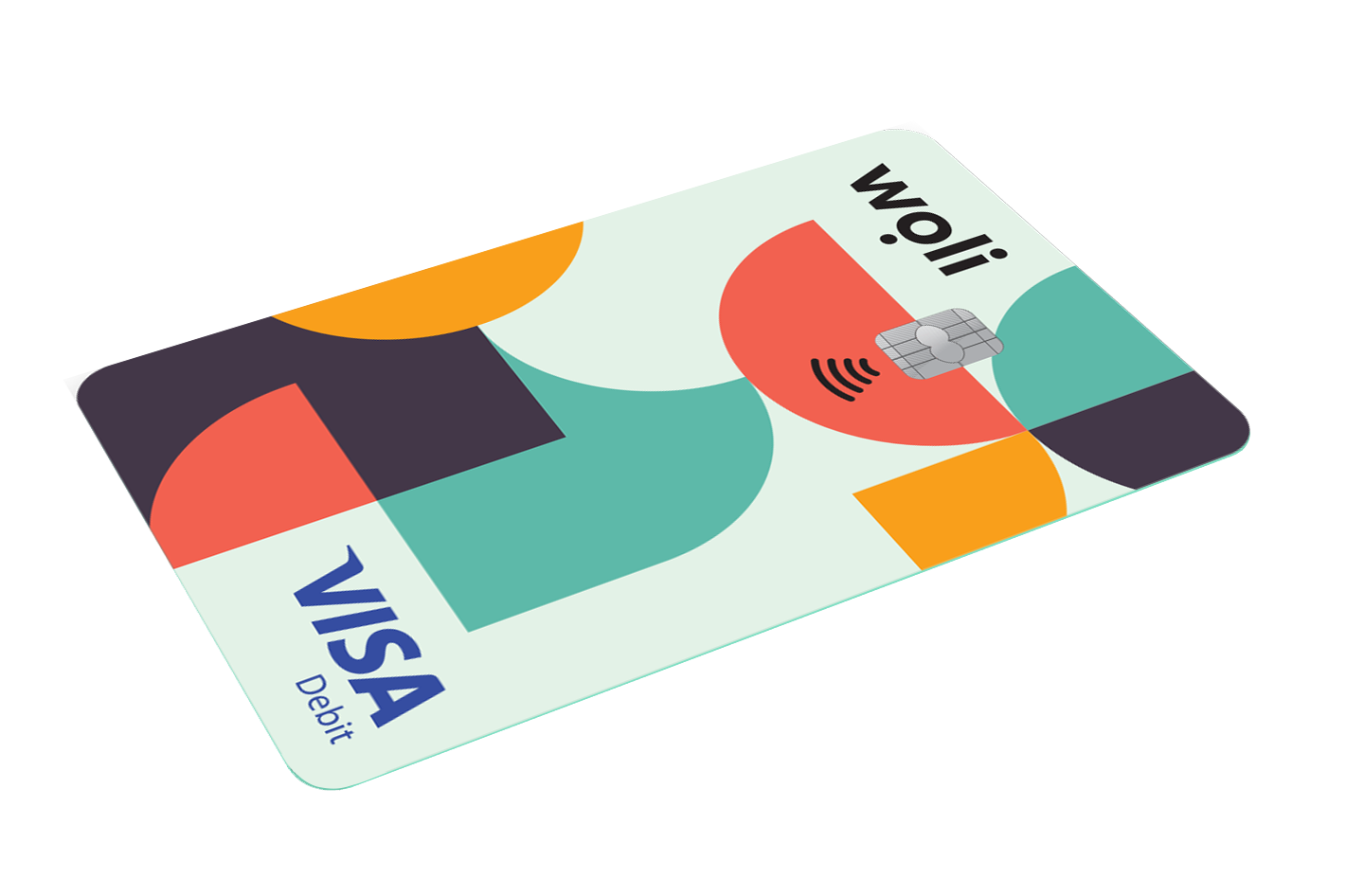Black Friday…Discounts, offers, “pandemonium” on the streets. The day that everyone is waiting for is approaching and maybe your child is among them! It’s the chance your child has been waiting for to finally buy that dream phone, that cool online game or an amazing, high-tech laptop.
But what is Black Friday? When did it come into our lives? Why Black and not. . Burgundy Friday? How can you stay calm while your child is shopping on Black Friday? Read on and find out what your child needs to watch out for, so that nothing can stand in the way of…not ruin your mood!
According to the New York Times, the story of Black Friday has a touch of. . “blackness” behind it, at least for some! This institution first appeared in Philadelphia, USA, in the 1960s. In those years, on that particular Friday, the area was full of tourists. The reason? The day fell between Thanksgiving and the Saturday football game between the Army and the US Navy, which was held there every year. So the streets were “flooded” with people, the local shops became rich and everyone was happy.
Everyone, except the…police officers! After a few “Fridays” full of grueling shifts, traffic on the streets and a whole lot of mishaps, the local police officers are now in black. And they gave their drama a name: ‘’Black Friday!’’
What is Black Friday today? A day full of unique offers and opportunities for everyone!
However, because this particular day also hides “traps”, especially for children, keep reading. .
What should a child watch out for on Black Friday?
Like all of us, it’s important for kids to keep their eyes open when shopping on Black Friday. Circumstances like this, unfortunately, favour traders who do not have the purest of intentions. So here are our Top 5 rules to keep your child’s shopping safe.
Rule #1: Shop only at stores we know
You know not all shops are the same. Not all are equally reliable and not all are known to the general public. So this Black Friday, and every year, it’s important that your child shops at well-known and trusted stores. Whether you shop online or in physical stores, it is one thing to feel safe buying products from shops with a long-established and reliable profile, and another to feel safe shopping from unknown shops. Our aim, of course, is not to reduce the effort of less well-known traders. But we’re talking about the safety of your child’s shopping here. So, for better or for worse, let him shop in stores known to your child.
Rule #2: Look for online reviews and comments at stores
Online reviews, customer comments and complaints meaning feedback! That magic word that every good businessman respects and every bad shopkeeper dreads. This is where your child has to show the full range of his/her “googling skills”, “digging up” all kinds of feedback about the store from which he/she is preparing to shop on Black Friday. Time consuming, but worth it. It is also important to treat the comments you discover with a ‘’critical eye’’, but without stress. Many fake reviews can be recognized from miles away!
Rule #3: Do your market research and don’t get carried away by exaggerations
It makes sense for a child to not know about market research or product comparison and end up being seduced by a supposedly “outrageous” Black Friday offer. This is where you need to get in the game. Talk to your child. Listen patiently to his questions and guide him. Don’t forget that open communication is very important for a child’s financial literacy!
Teach your children to study the characteristics of the products they are interested in buying. Compare products. Don’t just look at the price, but also at the quality and reviews. Teach then not to rush to buy the first product in front of them, nor to get excited by offers that seem too good to be true. In short, teach them what critical thinking is.
Rule #4: Buy from e-shops that adhere security protocols
When it comes to your children’s online shopping on Black Friday, it’s important that they learn to choose only e-shops that adhere to the necessary security protocols. What are they?
First, the “https” in the e-shop address. You can easily find it by clicking on the link of the page in the corresponding field of your browser. This ensures that this e-shop provides a secure connection for the transmission of sensitive data, such as your card details.
Secondly, the “trust marks” that prove that the e-shop is certified by well-known e-commerce associations and organizations, and therefore reliable for online transactions.
Needless to say that if any of the above is missing, we will not proceed with any purchase – no matter how tempting the offers of the e-shop are! – and we do not store any of our own or our card details on the page.
Rule #5: Set limits and stick to your goals
Last and most importantly. Black Friday can be chaotic, especially for a child, with endless deals, unlimited choices and a barrage of ads and information. It is easy for a child to get carried away by big words and promises and end up spending more than they should. This leads us to the obvious.
Black Friday needs limits! Limits on each individual purchase, limits on the child’s overall “Black Friday” budget. Limits that you will set, of course, having first discussed with your child. Also, Black Friday needs goals. For example, if your child’s goal this year is a new mobile phone, it’s best not to spend half of their allowance on online games! At Woli we call it…good financial management!
And speaking of financial management, limits and targets…
How about using this year’s Black Friday to start educating your child properly on the above concepts, without “experimenting” with your own card? With the Woli prepaid card and the Woli app, children enjoy 100% secure transactions and learn to manage their money in a smart and fun way! Put the allowance “on automatic”, set shopping limits on his card and set goals and tasks together so your child learns early on the value of earning money by producing work, just like dad and mum do!









